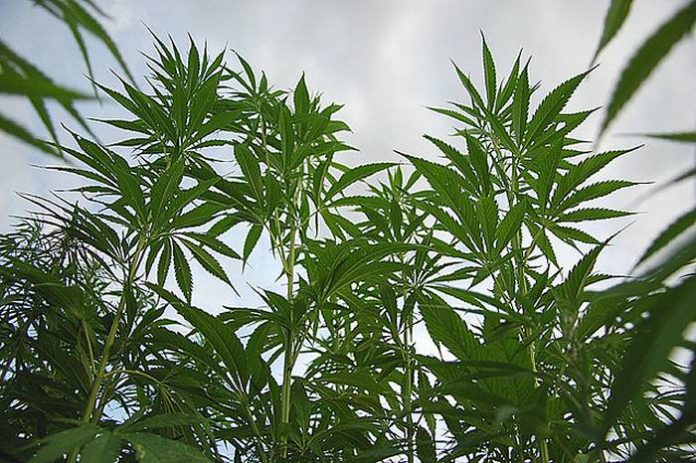A Bill to enable the cultivation of industrial hemp in South Australia passed the State Parliament’s Upper House last Wednesday.
Industrial Hemp Bill 2016 was originally introduced in November last year. In February, the South Australian Government announced it would support the legislation.
The vote last Wednesday was unanimous and the bill will now make its way through the Lower House.
“I am thrilled this Bill has passed unanimously through the Upper House and with that support, will see its way through the lower house and begin creating ‘jobs and growth’ – literally,” said the Bill’s champion, Greens’ MLC Tammy Franks.
“Industrial hemp will offer job opportunities, growth for our state and pave the way for a greener, cleaner future.”
With the legislation in place, which would also result i n SA producing hemp food, fibre, biofuel and manufacturing components, it would mean that all states in Australia will have finally legalised industrial hemp.
“I am very proud to have introduced this Bill and to be supporting the growth of one of the oldest crops in history which will have a hugely positive impact on the future,” said Ms. Franks.
Assuming swift passage, trial crops might be planted as early as this year. While earlier versions of the bill stated “this Act will come into operation 3 months after it is assented to by the Governor”, the latest version says “This Act will come into operation on a day to be fixed by proclamation.”
The bill in its current form (PDF) stipulates industrial hemp will need to be grown from certified hemp seed and have a concentration of THC in the leaves and flowering heads of not more than 1%. However, the section of the Bill relating to seed states:
“..certified hemp seed means seed certified, in accordance with the regulations, as seed that will typically produce hemp plants with a concentration of THC in the leaves and flowering heads of not more than 0.5%”
The important word in that statement is “typically”. The difference between the seed and plant content allows a little wiggle room. It’s important to have that difference as hemp plants exceeding the stipulated amount of THC when tested could result in the entire crop being destroyed.


